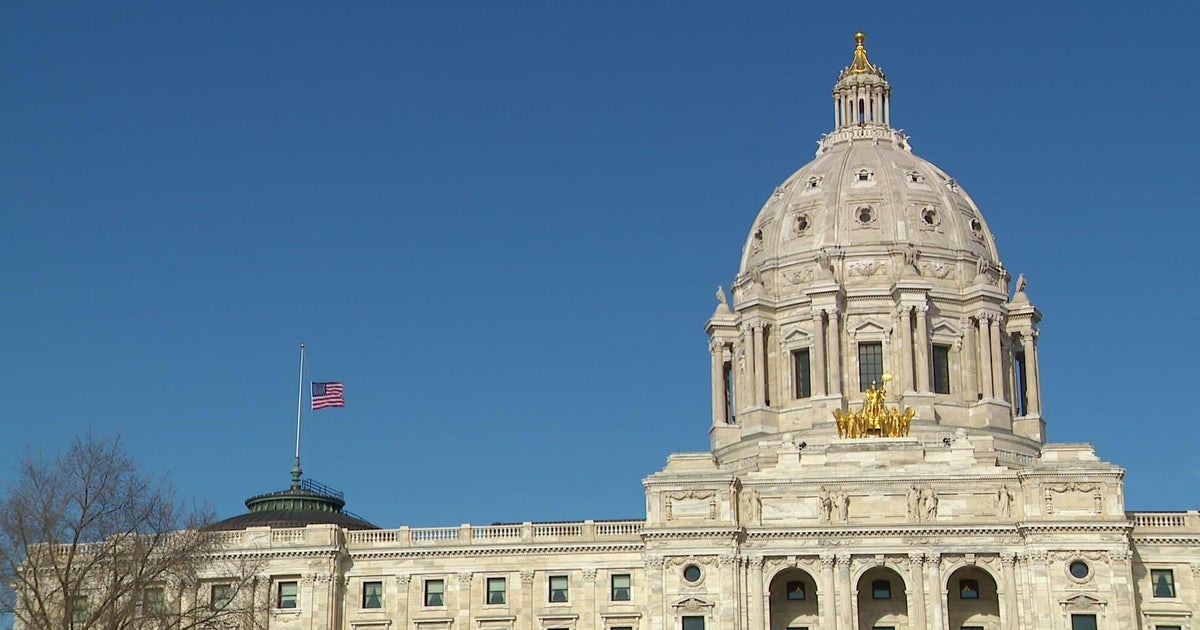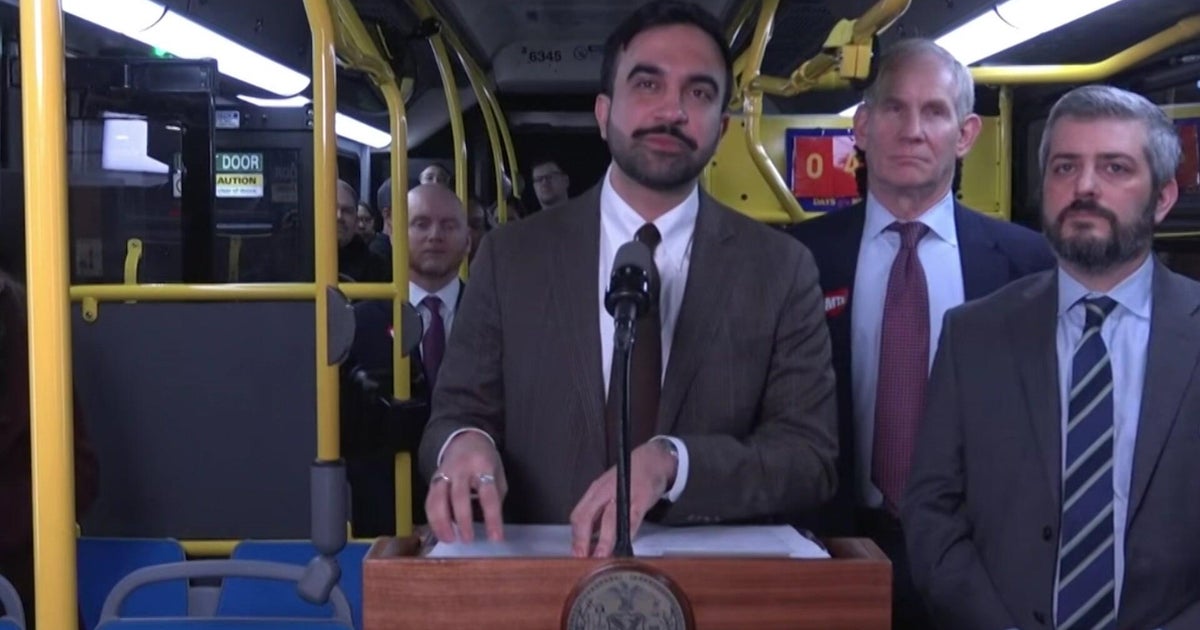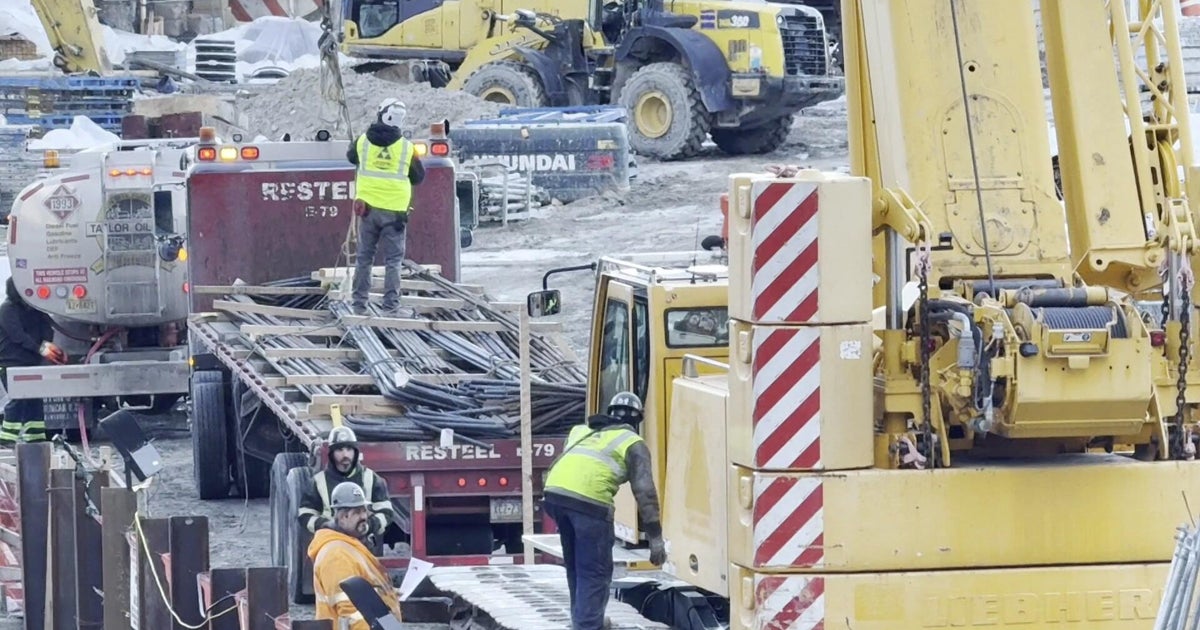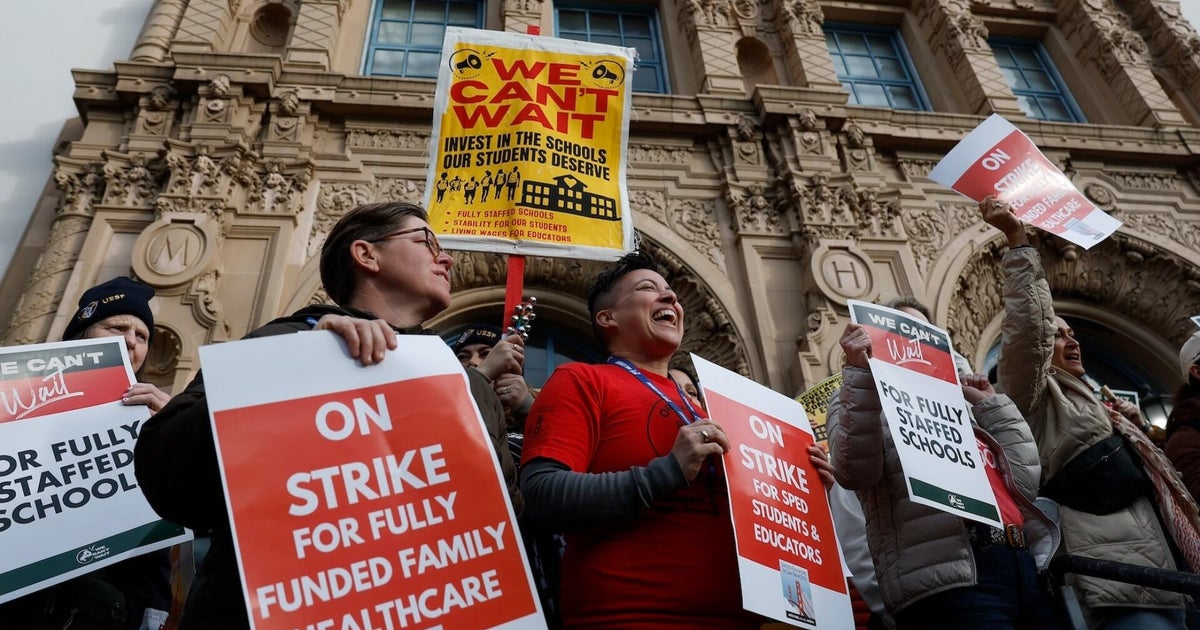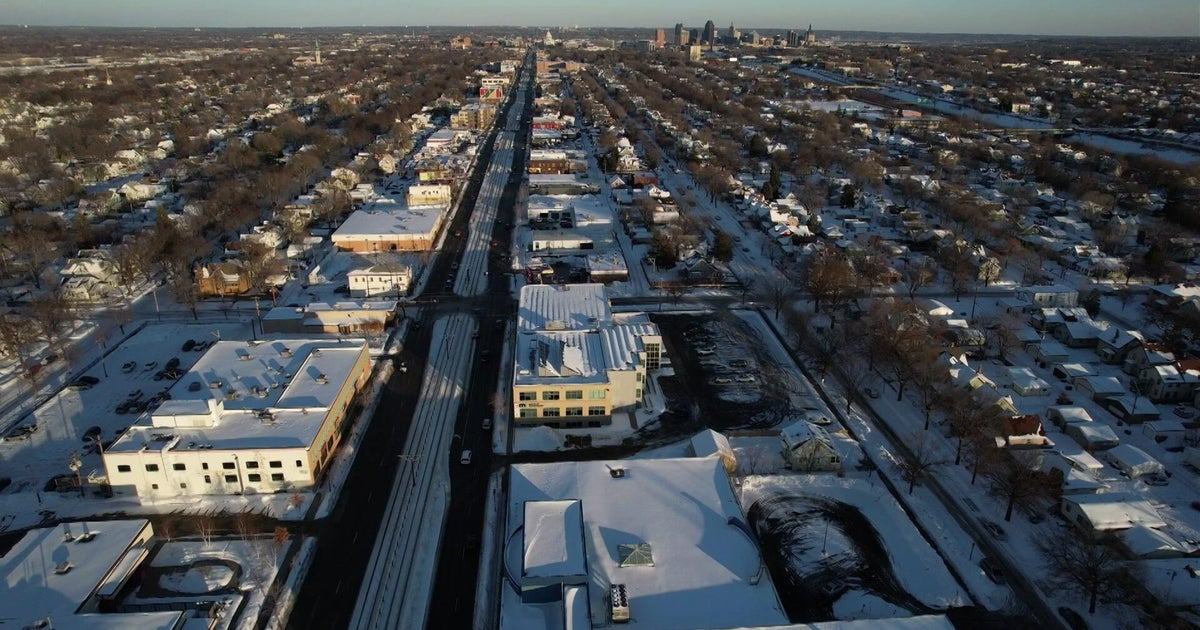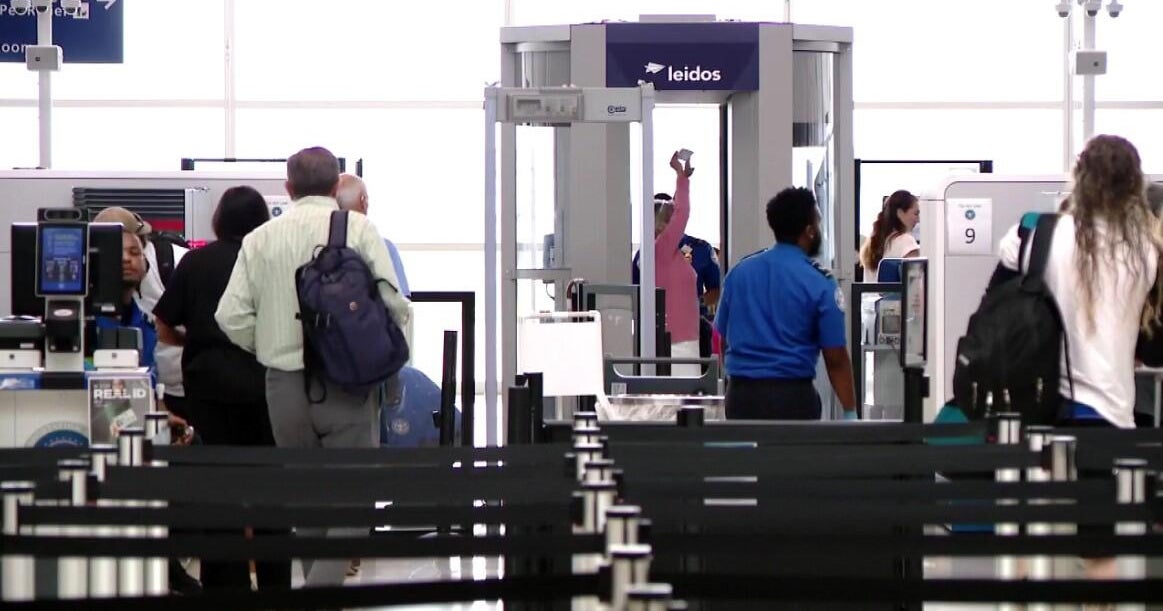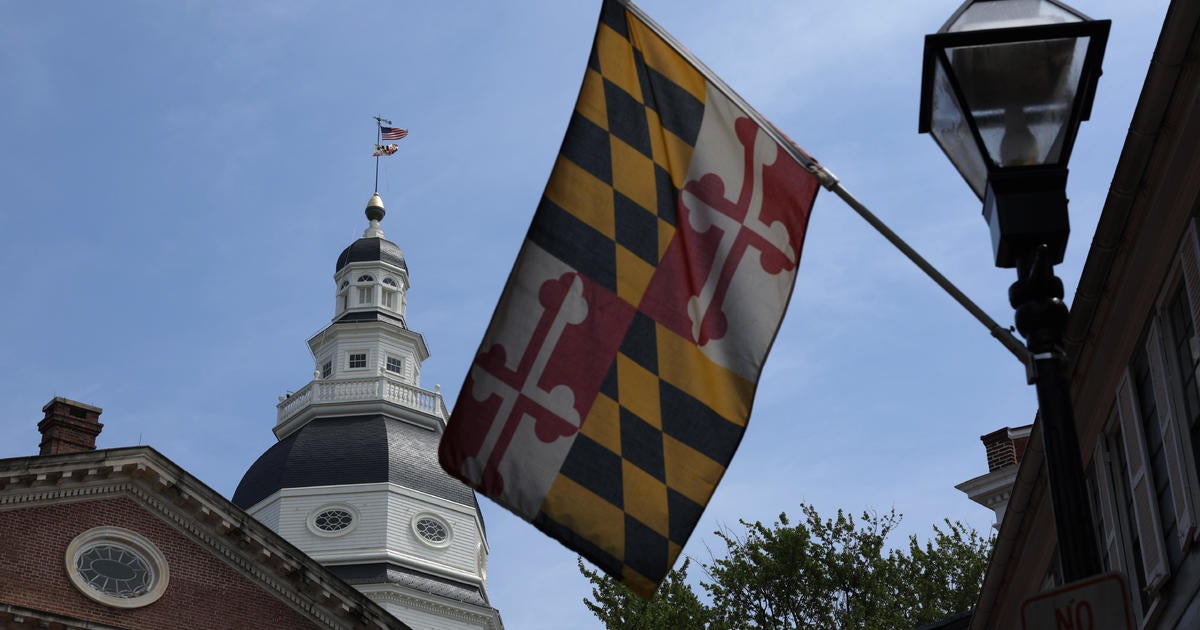New York legislative session ends without MTA bailout. What happens next?
NEW YORK -- New York's legislative session came to an end Friday without finding a plan to fund critical MTA projects that were depending on money from congestion pricing.
State Senate Majority Leader Andrea Stewart-Cousins says the Legislature will end its session, but not vote on a possible payroll tax on businesses or any other proposal to help fund the MTA.
"I will not be back tomorrow ... Our conference was not comfortable within the time frame to commit to the tax without some understanding about congestion mitigation and how that was going to proceed," she said.
If Gov. Kathy Hochul can come up with a deal the Legislature approve, she would have to call them back for a special session.
The MTA needs $15 billion in funding to make necessary upgrades and fixes to the subway system and continue projects like the Second Avenue Subway expansion in East Harlem.
MTA Chief Financial Officer Kevin Willens and MTA General Counsel Paige Graves released the following statement Friday night:
"This week's announcement regarding the future of congestion pricing has serious implications for the MTA's 2020-2024 Capital Program and likely other aspects of the agency's financial condition.
"The MTA cannot award contracts that do not have a committed, identified funding source. Until there is a commitment for funding the balance of the 2020-2024 Capital Program, the MTA will need to reorganize the Program to prioritize the most basic and urgent needs.
"As such, the MTA Board will be evaluating what changes need to be made to the Capital Program in the lead-up to this month's Board meeting. Modernization and improvement projects like electric buses, accessible (ADA) stations and new signals will likely need to be deprioritized to protect and preserve the basic operation and functionality of this 100+ year old system.
"New York State law places an obligation on MTA to implement a congestion pricing program, and the agency stands ready to do so. But under applicable federal law and regulation, the MTA cannot act until the Central Business District Tolling Program is approved by New York State, New York City and the federal government – and with the announcement of the pause, we no longer have the State's consent."
When Hochul announced she was postponing congestion pricing indefinitely, she promised the state had "set aside funding to backstop the MTA capital plan" and was exploring other funding sources.
Sources tell CBS New York political reporter Marcia Kramer the governor was offering to sign bills she had initially been opposed to in an attempt to get lawmakers to bail out the MTA.
The governor proposed a new payroll tax, but lawmakers rejected it. They also considered a plan called the "IOU Bill," which would have had the state pledge to back $1 billion worth of MTA bonds without identifying where the money would come from. The bill would have allowed the MTA to sell bonds that would fund critical infrastructure projects.
Gov. Hochul defends congestion pricing delay
The governor spoke to reporters Friday evening to address the end of the legislative session and defended her decision to delay the program, saying it was "about protecting working and middle class New Yorkers" who couldn't afford an additional $15 daily toll to get to their jobs.
Hochul said her decision to push back the program less than a month before its launch came after hearing from New Yorkers who expressed their concerns.
"Leaders sometimes need to listen more, and I realize that. As this date got closer and I'm out there in the community all the time ... I cannot tell you the anxiety level that is continuing to go up and up and up. It wasn't out there before. But I, as the governor, have this ability to have a real pulse on what New Yorkers are thinking ... so I absorb that and I say, can I really go forward right now, when we thought that inflation would be lower, we thought that people would feel more secure about going on the subways? Yes, yes, we're coming back, but we can't afford a setback," Hochul said.
Hochul stressed that the program has been postponed, not cancelled.
"This is on pause. Yes, it is on pause. I don't know how to define 'pause' other than it's a pause, meaning it's not happening June 30th, therefore it's paused," she said.
She did not offer a timeframe for when the program could potentially start.
Hochul said that she will be working with MTA leaders to find short-term funding for its projects.
"Because when you think about it, the revenues from congestion pricing would not have really accrued until much later. I mean, a year from now, we'd be looking at the money that was expected, so that's why we don't need to take immediate action," Hochul said.
She added, "The MTA will be taking necessary action to reflect a pause in this program."
"No one can question my commitment to the MTA ... but now is not the time to put it on the backs of hard-working New Yorkers who are still feeling the cost of inflation in their pocketbooks, an issue that was not there even a few months ago, as we thought the numbers were going to improve. That's why I changed," Hochul said.
Litigation in the works to sue Gov. Hochul over congestion pricing delay
A number of lawmakers have said publicly that the governor's decision to put the brakes on congestion pricing was illegal because it was a bill that was passed by the Legislature and signed, and Kramer has learned that litigation is in the works to sue Hochul and force her to revoke her decision.
If the suit is successful, the governor will have to allow congestion pricing to start.


